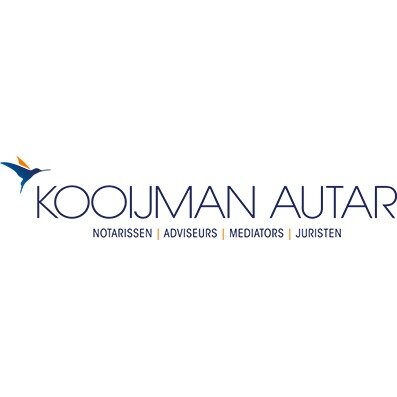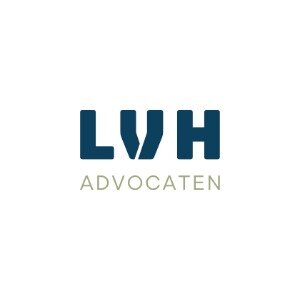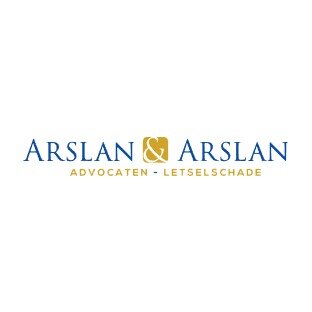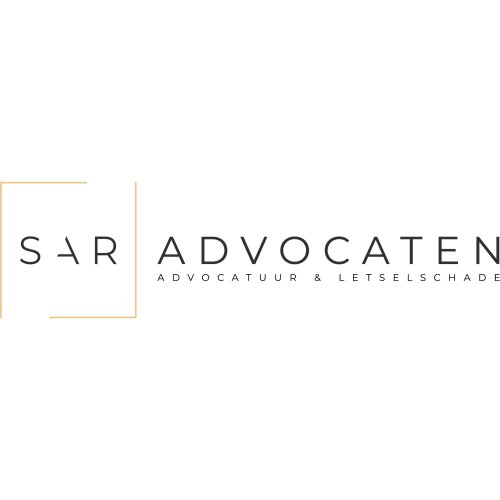Best Private Equity Lawyers in Rotterdam
Share your needs with us, get contacted by law firms.
Free. Takes 2 min.
List of the best lawyers in Rotterdam, Netherlands
About Private Equity Law in Rotterdam, Netherlands
Private equity (PE) law in Rotterdam, Netherlands, plays a crucial role in facilitating investments in privately held businesses or in the acquisition and restructuring of companies. Rotterdam, as one of the key economic hubs in the Netherlands, is home to numerous investment firms and private equity activities due to its dynamic business climate and strategic location within Europe. The city’s legal landscape supports a thriving private equity sector by offering advanced financial infrastructure, experienced legal professionals, and regulatory oversight that aligns with both Dutch and broader European Union (EU) requirements. Understanding the local framework ensures that private equity transactions are managed efficiently, transparently, and in compliance with all relevant laws.
Why You May Need a Lawyer
There are several scenarios where legal expertise is essential in private equity transactions in Rotterdam. These include:
- Structuring and negotiating investments or buyouts
- Drafting and reviewing shareholder or partnership agreements
- Conducting legal due diligence on target companies
- Navigating Dutch and EU regulatory compliance issues
- Handling cross-border transactions and foreign investment controls
- Resolving disputes between investors, management, and shareholders
- Advising on exit strategies including IPOs, mergers, or sales
- Addressing employment, intellectual property, or tax implications tied to deals
A lawyer specializing in private equity can provide crucial support at every stage, helping to manage risks, maximize returns, and ensure the transaction’s success.
Local Laws Overview
Private equity activities in Rotterdam are governed by both Dutch national laws and relevant EU regulations. Some key aspects include:
- Company Law: The Dutch Civil Code has specific provisions regarding the formation, governance, and restructuring of private and public limited liability companies (BV and NV types).
- Financial Supervision: The Dutch Authority for the Financial Markets (AFM) and De Nederlandsche Bank (DNB) oversee licensing, transparency, and conduct rules for investment managers and funds.
- Merger Control and Competition: Mergers and acquisitions may require notification to or approval from the Netherlands Authority for Consumers and Markets (ACM), especially if thresholds are met.
- Employment Law: Employment relationships must comply with Dutch labor regulations, works councils, and employee participation rules, particularly in larger companies.
- Taxation: The Netherlands offers a favorable tax regime for holding companies but local and international tax rules must still be carefully considered in PE deals.
- Contract Law: Contractual relationships in PE deals are principally governed by Dutch law, while cross-border deals can also involve international regulations.
Legal professionals in Rotterdam are familiar with these regulations and can help navigate any complexities.
Frequently Asked Questions
What is private equity?
Private equity refers to investments made directly into private companies or through buyouts of public companies that result in delisting from stock exchanges. These investments aim to improve and grow businesses, often for eventual resale or public offering.
Do I need a license to operate a private equity fund in Rotterdam?
Yes, private equity fund managers generally require authorization from the Dutch Authority for the Financial Markets (AFM). Some exemptions may apply depending on fund size or investor types.
How long does a typical private equity transaction take in the Netherlands?
The length varies depending on deal size and complexity, but transactions generally take several months from initial negotiations through to closing and regulatory approvals.
Are there any restrictions on foreign investors in Dutch private equity?
While the Netherlands welcomes foreign investment, certain sensitive sectors may require additional review or governmental approval. Legal advice helps ensure compliance with all applicable rules.
What role does due diligence play in private equity transactions?
Due diligence is critical for identifying legal, financial, and operational risks in the target company. It covers areas like contracts, intellectual property, employment, litigation, and regulatory compliance.
How are management incentives typically structured?
In Rotterdam, management incentive plans often involve options, shares, or performance-related bonuses, tailored to align the interests of managers and investors within local tax and legal frameworks.
What are common exit strategies in Dutch private equity?
Common exit options include trade sales, initial public offerings (IPOs), secondary buyouts, or recapitalizations, each with distinct legal and financial considerations.
Do employees have any rights in private equity transactions?
Yes, Dutch law requires informing and sometimes consulting works councils in significant transactions, and protects employees’ rights during transfers of undertakings (TUPE rules).
How is competition law relevant to private equity deals?
If a deal meets certain turnover thresholds, it may require approval from the Netherlands Authority for Consumers and Markets (ACM) to prevent anti-competitive effects.
Who regulates private equity in the Netherlands?
The Dutch Authority for the Financial Markets (AFM) and De Nederlandsche Bank (DNB) are the primary regulators, overseeing conduct, transparency, and prudential requirements for funds and managers.
Additional Resources
There are several Dutch and European organizations offering guidance and support in private equity law:
- Dutch Authority for the Financial Markets (AFM): Regulates investment firms and ensures market integrity
- De Nederlandsche Bank (DNB): Supervises financial stability and fund management
- Netherlands Authority for Consumers and Markets (ACM): Reviews competition and merger aspects
- Netherlands Private Equity & Venture Capital Association (NVP): Industry body offering information and networking
- Chamber of Commerce (Kamer van Koophandel): Provides initial business and company information
- European Private Equity and Venture Capital Association (Invest Europe): Offers best practice guidance and advocacy
Next Steps
If you require legal assistance for a private equity matter in Rotterdam, it is essential to consult a lawyer experienced in Dutch corporate, financial, and regulatory law. Start by identifying your needs - whether you are an investor, a company seeking investment, or involved in a transaction. Gather relevant documents such as investment proposals, company financials, and contract drafts. Reach out to law firms or legal advisors who specialize in private equity to discuss your situation and explore their services. Many offer an initial consultation to assess your matter and guide you through the process. Ensuring you have professional legal advice at every stage will help secure your interests and ensure a successful transaction.
Lawzana helps you find the best lawyers and law firms in Rotterdam through a curated and pre-screened list of qualified legal professionals. Our platform offers rankings and detailed profiles of attorneys and law firms, allowing you to compare based on practice areas, including Private Equity, experience, and client feedback.
Each profile includes a description of the firm's areas of practice, client reviews, team members and partners, year of establishment, spoken languages, office locations, contact information, social media presence, and any published articles or resources. Most firms on our platform speak English and are experienced in both local and international legal matters.
Get a quote from top-rated law firms in Rotterdam, Netherlands — quickly, securely, and without unnecessary hassle.
Disclaimer:
The information provided on this page is for general informational purposes only and does not constitute legal advice. While we strive to ensure the accuracy and relevance of the content, legal information may change over time, and interpretations of the law can vary. You should always consult with a qualified legal professional for advice specific to your situation.
We disclaim all liability for actions taken or not taken based on the content of this page. If you believe any information is incorrect or outdated, please contact us, and we will review and update it where appropriate.














